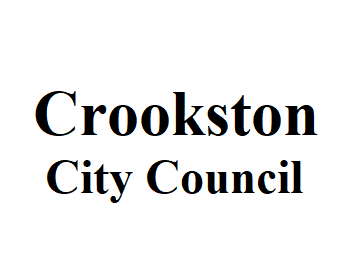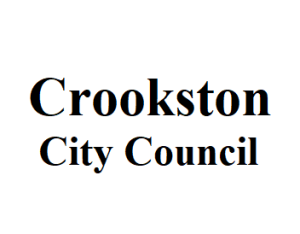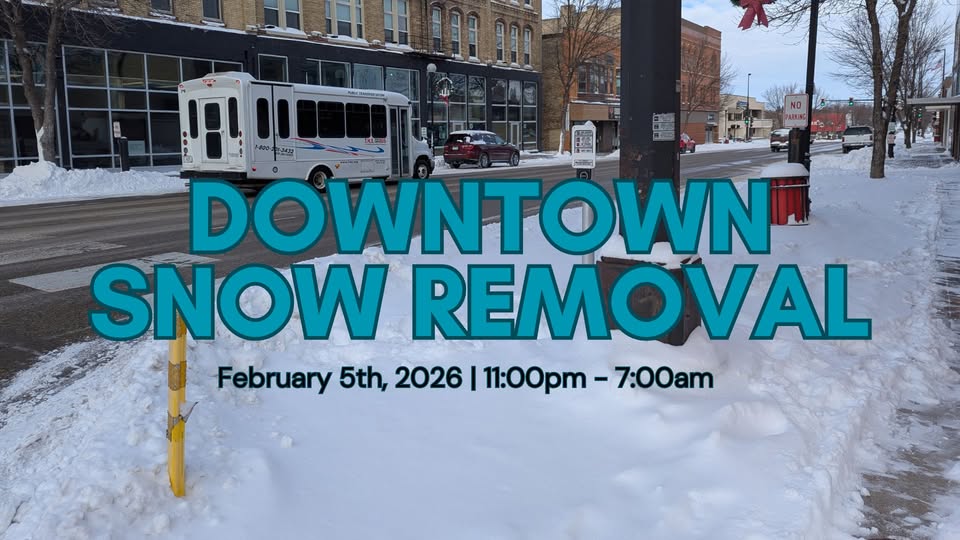The Crookston City Council met Monday night approving a law enforcement mutual aid agreement along with setting special assessments for 2020 street improvements and unpaid charges. No one attended the public hearings for the assessments.
The special assessments approved by the City Council totaled $167,352.85 for three street projects and the unpaid service charges. Each is detailed below:
Project 972: street reconstruction of Radisson Road from University Avenue to approximately 400 feet east of Hoven Lane
Project Cost: $515,485.78
Assessment to property owners: $71,400 over 2-10 years at three percent
Project 973: street reconstruction of 5th Ave from South Main Street to Sunflower Street
Project Cost: $346,912.35
Assessment to property owners: $52,800 over 2-10 years at three percent
Project 974: bituminous mill & overlay of Sahlstrom Drive from Fisher Ave to North Acres Drive
Project Cost: $104,912.35
Assessment to property owners: $37,261.95 over 2-10 years at three percent
Unpaid Water & Sewer Charges: $3,613.62 paid over one year
Code Enforcement Charges: $485.22 paid over one year
Mowing Charges: $1792.06 paid over one year
The Council unanimously approved a resolution in support of a mutual aid agreement for law enforcement. Crookston Police Chief Paul Biermaier said the agreement formally allows all police agencies to assist each other for a variety of reasons. “This one is between us and all law enforcement in the state,” said Biermaier. “So, anybody can ask us for mutual aid, and we can ask anybody else for mutual aid. So, up in the northern third of Minnesota, we all agreed to sign this specific one. There is a statute that allows for emergency mutual aid, this is just a more formal one. So, if we know of an event coming up, like for instance when President Trump came to Bemidji, Mike (Mastin, Bemidji Chief of Police) reached out for mutual aid from other agencies. So, a pre-planned event like that we can plan ahead and know what type of resources we have coming.”
Biermaier added that the agreement also alleviates the question of what aid can be given and what can’t during an emergency. “It will cover anything we need from big activities, festivals, or any kind of civil disturbance,” said Biermaier. “It’s very good to have this in place simply because we’ve never had anything formalized before. It takes a load off of knowing for sure what we can and can’t do at the moment an emergency happens. This is very good pre-planning.”
All other items were on the consent agenda, which passed unanimously.





